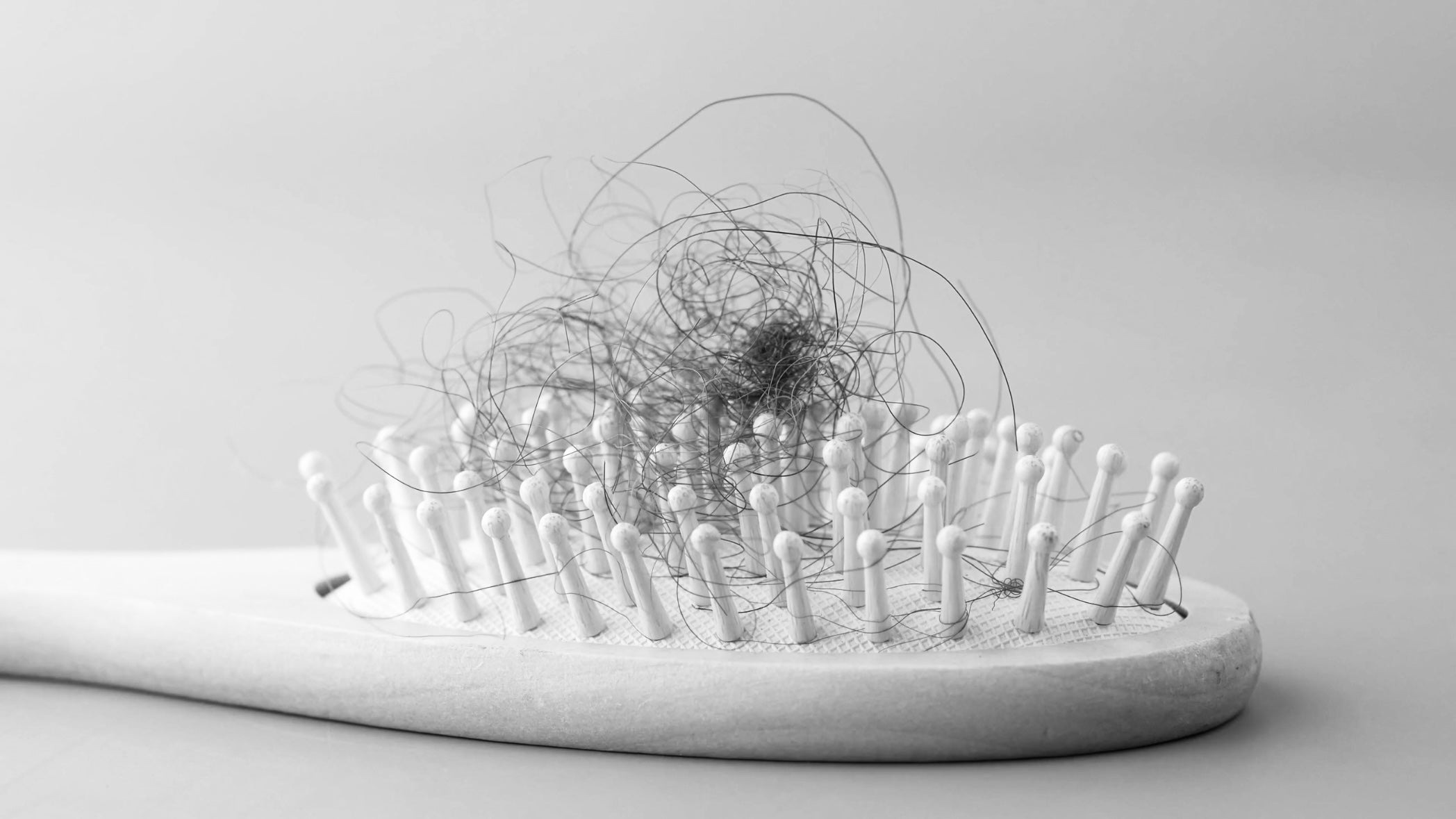Intimate hygiene, a daily ritual
Intimate hygiene is an important hygiene habit for women. 84-95% of women attach importance to intimate hygiene ( Crann et al, 2018 ; Edelman Intelligence, 2019).
The vagina is self-cleaning, the vulva is not.
Vulvar hygiene
The vulva is the first line of defense to protect the genitals from infection. The resident microflora of the vulvar and vaginal region provides protection against pathogenic microorganisms. This protection is primarily due to the lactic acid secretions of the microflora, so the pH of the vulva is acidic (pH 5).

The anatomy of the vulva is complex and it has folds that can collect urine, vaginal secretions, stool residue, contaminants, sweat, and menstrual blood. The vulva is also exposed to friction, heat, and contact with clothing.
Women who washed their vulva with a mild cleanser reduced the risk of infections and pain compared to women who washed with water alone ( Chen et al, 2017 ; Klann et al, 2019 ).
Therefore, it is ideal to wash the vulvar area daily.
Intimate hygiene in solid form!
Hygiene products used in the vulvar area must respect the physiology of the vulva. Therefore, an ideal intimate hygiene product should have the following characteristics:
- Soap-free
- Fragrance-free
- Respect the physiological pH of the vulva






